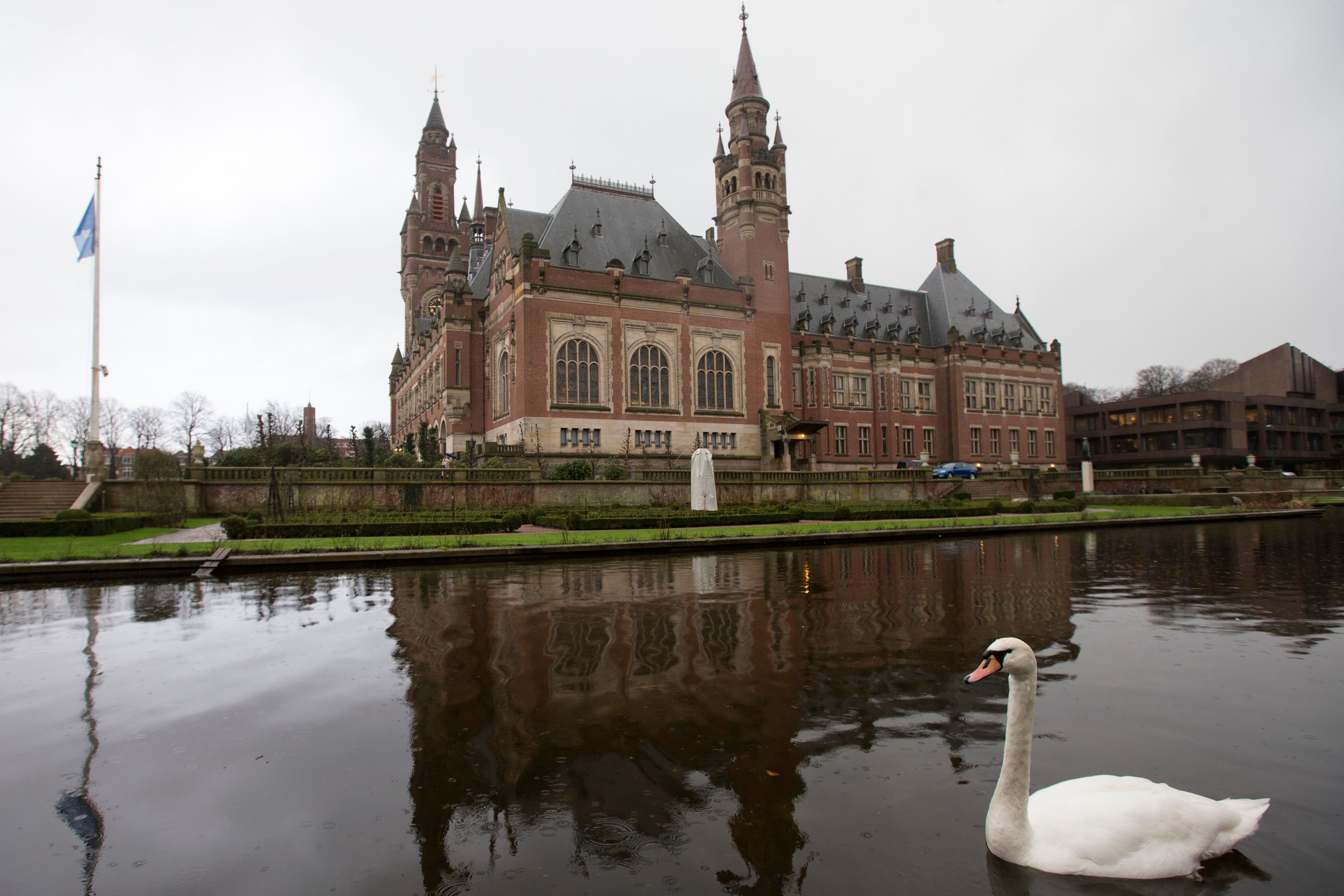UN court: Colombia infringed Nicaragua's rights in Caribbean
The United Nations’ highest court has ruled that Colombia breached Nicaragua’s rights in waters of the Caribbean Sea

The United Nations' highest court ruled Thursday that Colombia breached Nicaragua's rights in waters of the Caribbean Sea, including by hindering Nicaraguan fishing vessels and granting fishing permits for Colombian and other boats.
The majority ruling of the International Court of Justice gave Nicaragua a victory in a lengthy legal battle, although it may not fully end the dispute between the two Latin American nations.
Nicaragua filed the case in 2013, claiming that Colombia violated its sovereignty in the western Caribbean, a region of the sea long claimed by both countries that is home to a UNESCO-listed biosphere reserve inhabited by dozens of endangered species.
In a 9-6 vote, the world court ruled that Colombia “must immediately cease the conduct,” ICJ President Jean E. Donoghue said during a public reading of the decision.
The judges voted 10-5 to establish that Colombia infringed Nicaragua's rights “by interfering with fishing and marine scientific research activities” of Nicaraguan or Nicaraguan-licensed vessels and with naval activities “and by purporting to enforce conservation measures” in Nicaragua's waters.
A 2012 ruling by the world court gave Nicaragua fishing rights over much of the western Caribbean, but Colombia’s navy has continued to patrol the waters, which are also used by traffickers to smuggle drugs into Central America.
At hearings last year, Nicaragua argued that Colombian naval ships were infringing on its fishing rights by patrolling the area that the court had awarded to Nicaragua as an “exclusive economic zone.”
The country also alleged that Colombia’s navy has dissuaded vessels with Nicaraguan fishing permits from operating in the area while providing protection to vessels with Colombian permits.
Colombia denied the accusations and said its navy patrolled the area to fight drug trafficking and to protect the Seaflower Marine Reserve, an area created by Colombia that is on UNESCO’s global list of biosphere reserves and overlaps the economic zone awarded to Nicaragua in the 2012 ruling.
In a win for Colombia, the court majority said in Thursday's ruling that points used by Nicaragua to delineate its territorial waters after the 2012 judgment were “not in conformity with customary international law.”
Rulings by the court are final and legally binding.
Bookmark popover
Removed from bookmarks